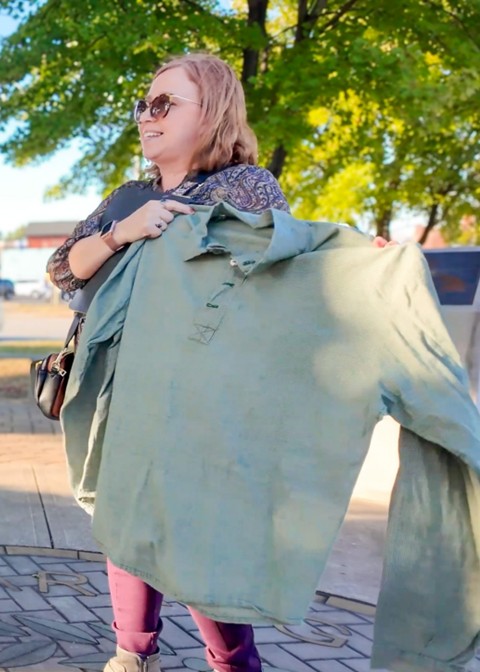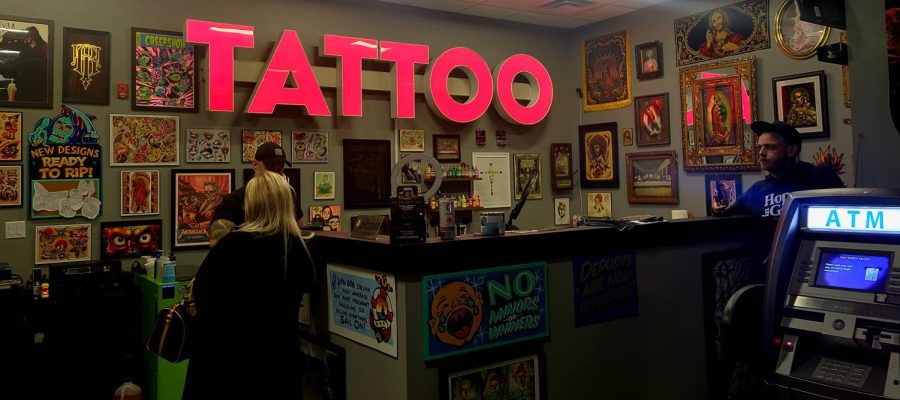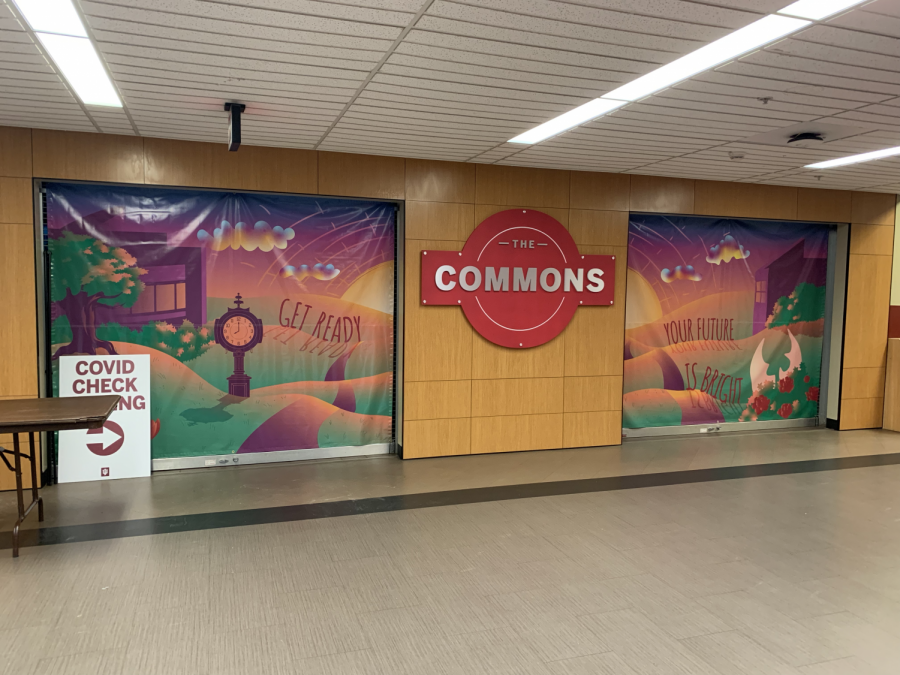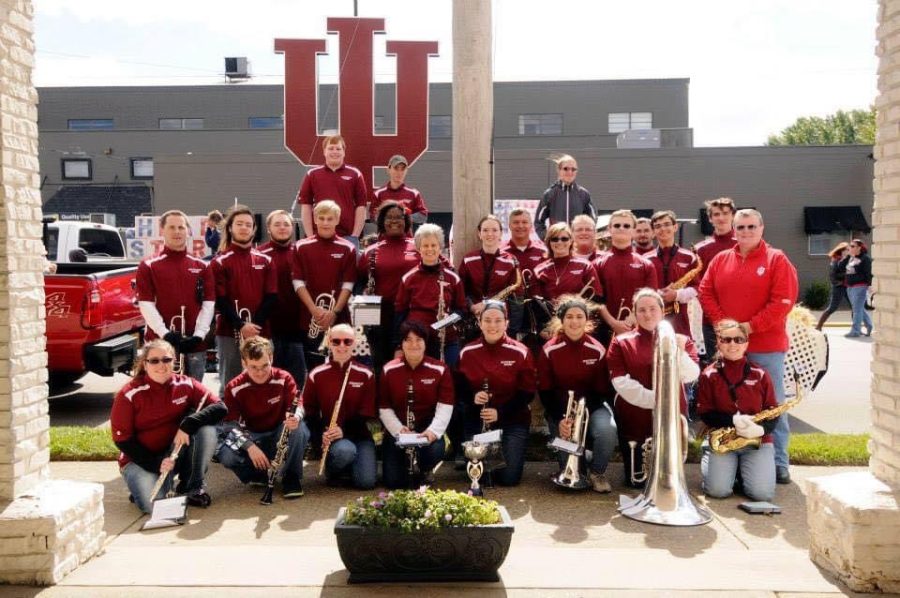How coming out of the closet affects members of the LGBT community
Think about the phrase “coming out.” Its three syllables, two words and one life-changing decision.
On Oct. 11, 1987, the March on Washington for Lesbian and Gay Rights became the inspiration for the Lesbian, Gay, Bisexual, and Transgender Community (LGBT) to establish Coming Out Day.
Oct. 11 is now a day in which people who have previously been in the closet about their sexual orientation may come out in a safe and welcoming environment.
Prior to the March on Washington was the Stonewall Riots of 1969.
These riots represented the foundation for the voice of the LGBT community.
Veronica Medina, assistant professor of sociology, said she thinks younger generations are more outspoken now due to the actions of the older generations.
“After the 1969 civil riots, there is no taking away the voice from the gay and lesbian community. I think at that point the dynamic of the dialogue changed,” Medina said.
During the Fairness Campaigns those who were outspoken individuals tended to be “…a boisterous, for lack of a better word, queen,” as Jim Hesselman, associate professor of theater, put it.
These people tended to be the stereotype of what people feared, but they had the guts to speak out.
They did not, however, show all sides of the LGBT community.
Hesselman was not boisterous about his relationship with his partner. It wasn’t until they had their second home that he actual came out to his parents during their first tour of the house.
“There was no doubt that there was a master bedroom, a kid’s room and an office. There was no doubt. You couldn’t look at it any other way,” Hesselman said.
Though Hesselman had written to his parents to tell them about his sexuality, his brother called to tell him the letter had arrived only an hour after they had left their Wisconsin residence to travel to Southern Indiana.
“I show them the outside, I show them the basement, I show them the first floor, and now there’s nowhere to go but up. So in the kitchen I stop, I turn to them and say ‘I need to tell you something.’ I tell them in maybe 30 seconds…and I said ‘so from my perspective that’s all I want you to know and if you want to talk about it’ and literally both of their heads went to the floor. They said no, they don’t want to talk about it.”
Hesselman said that for his generation and during the time that he was growing up people didn’t talk about it.
There was a negative connotation to being “those kinds of people” and even today there is still reluctance in accepting those who are homosexual.
Just as the younger generations are more outspoken about their sexuality so are those who voices would deny them.
When Rosella Loeser, theater junior, came out to her parents she was met with angry words.
“They of course were rude and said really weird things,” Loeser said, “like if they accepted me as gay they would have to accept pedophiles. They correlated the two, that these things were the same thing.”
Loeser, at the time, was going through a divorce when she realized that she had deeper feelings for her female friend.
“I fell in love with Kelly and I realized that I could be with a woman. I still don’t consider myself someone who is attracted to men or attracted to women. My husband, I was attracted to him the same as I’m attracted to Kelly,” Loeser said. “It caught me off guard and I thought ‘what do I do with that?’ because I wasn’t use to that and I knew that coming out would be a thing.”
The Gay-Straight Alliance is planning to host an event on Oct. 14 to commemorate National Coming Out Day.
They want to hold two events so they can cater to the students taking classes during the night as well as morning and afternoon classes.
For more information on what the GSA is planning on doing check the campus calendar or check them out on Facebook by going to www.facebook.com/iusgsa.
Chief Photographer
sorange@ius.edu






